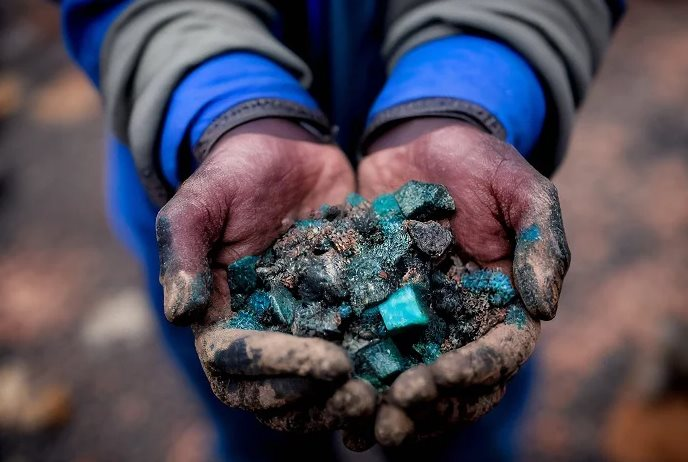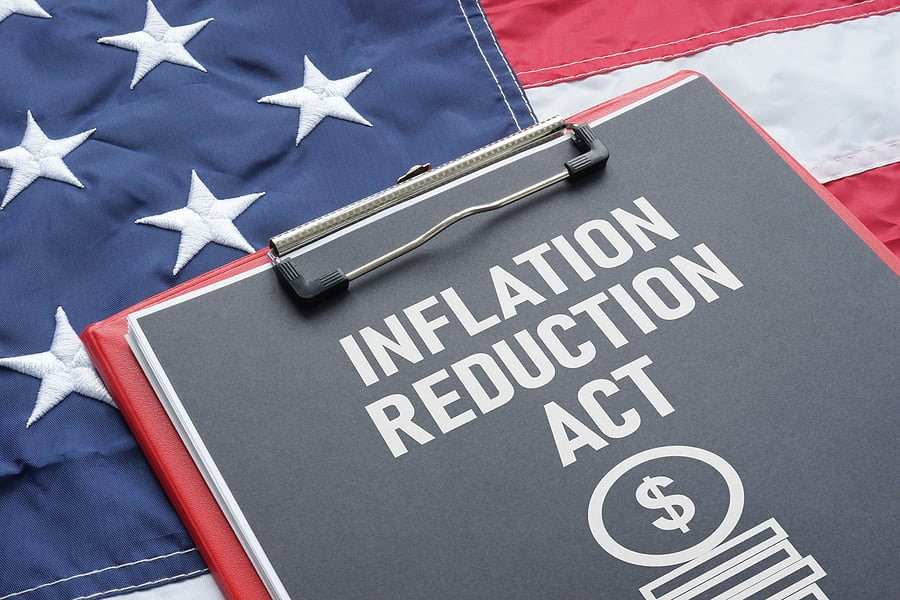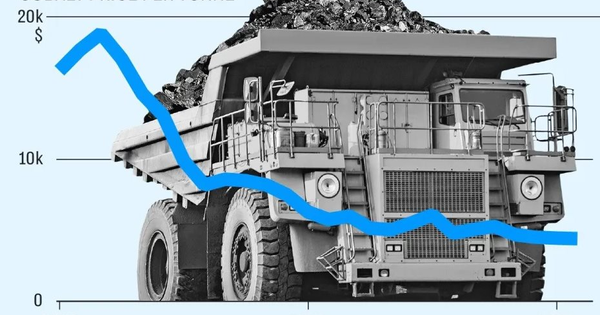China Holds the Destiny of Precious Commodities, Causing Western Concerns on How to Break Free

China’s trends in the global market can significantly impact the prices of precious metals. The inauguration of the first cobalt mine in the United States was intended to enhance energy security. However, this endeavor faced difficulties and failed to reduce the West’s reliance on China’s important minerals, according to The Telegraph.
In 2022, Australian company Jervois Global invested $155 million in mining in Idaho due to the significant global demand for cobalt. However, just six months after its inauguration, Jervois had to close the facility as cobalt prices plummeted to a point where profitability was unattainable.
Cobalt has become a crucial metal due to its applications in battery production, supplying energy to billions of electric vehicles and energy storage programs.
The Idaho cobalt mine is only sufficient to meet 10% of the US’s cobalt demand. The majority of global supply comes from the Democratic Republic of Congo, with refining taking place in China. Even a small amount of US production can make a difference in the crisis.
According to Benchmark Mineral Intelligence data, cobalt prices have declined from around $19,000 per ton to below $5,000 per ton in the past two years, as Chinese-owned companies mass-produce it.
A single mine in the Democratic Republic of Congo, owned by China Molybdenum and supported by Chinese state-owned banks, adds an additional 30,000 tons of cobalt production per year – compared to the global production of 160,000 tons in 2021.
Bryce Crocker, CEO of Jervois, stated, “They announced that information online, and overnight the cobalt price dropped, making it even more challenging for our mine.”
Cobalt is not the only key metal that China dominates in recent years.
Global nickel prices reached a peak of around $7,000 per ton two years ago, and now it is below $4,000 per ton due to increased production from China-owned mines in Indonesia.
Similarly, lithium carbonate prices have sharply declined from around $80,000 per ton to only $13,000 per ton today, as Chinese companies intensify refining operations ahead of the global electric vehicle boom.
Daisy Jennings-Gray, a battery supply chain expert at Benchmark Mineral Intelligence, stated, “Any trends in China can be a determining factor for global metal prices… So, if something happens to China’s lithium prices, other markets will tend to follow suit.”
The same is true for nickel, cobalt, lead, and even tin because all the processing takes place in China, even if the mining does not.
China’s control over rare and vital mineral refining has been steadily increasing since the 1980s. It refines approximately 70% of cobalt, 70% of nickel, and 60% of lithium used for battery production worldwide.
Alongside government subsidies and tax reductions, this has enabled Chinese electric vehicle giants, including BYD, Geely, and SAIC Motor, to build highly efficient supply chains. In the face of fierce competition at home, they are striving to reduce costs even further.
Chinese mining companies have also capitalized on numerous opportunities abroad, supported by easy credit from state-owned banks, thereby securing a diverse range of raw material sources.
“The fundamental strategy of China’s battery metal production is to dominate the overwhelming supply source and essentially not allow anyone else to compete. They don’t operate the way we do,” said Bryce Crocker.
Governments in the West understanding this reality have spurred subsequent efforts. The Inflation Reduction Act was passed by the US lawmakers after the pandemic, which includes hundreds of billions of dollars in subsidies and new conditions to encourage automakers to source more minerals domestically.

By 2027, the law also stipulates that 70% of minerals in electric vehicle batteries produced in the US must come from US mining operations or recycling plants—or mines with free trade agreements with the US. Most of this is expected to come from Canada, known for its abundant essential metals in regions like Ontario and Quebec.
In the UK, an important minerals strategy was also announced in 2022, and the government is seeking to make investment more attractive by offering tax reductions through free ports and energy cost support.
However, even with billions of dollars flowing into the industry from the Inflation Reduction Act, the West is unlikely to match China’s refining costs, according to Benchmark’s Jennings-Gray.
She argued that Western companies will have to compete on other aspects, such as quality and carbon emissions, to command higher prices.
“This is a green revolution, but usually supply chains are not as sustainable as you would like. So, it’s a hot topic for automakers and another motivation for different supply sources,” she added.
In Tyneside, a company aiming to achieve this is Tees Valley Lithium. From 2026, the company hopes to start producing lithium hydroxide and carbonate at a plant near Redcar to supply UK battery factories.
Paul Atherley, Chairman of Alkemy Capital, the parent company of Tees Valley Lithium, stated that his company will try to strike deals with automakers and target wealthier customers rather than those looking for cheaper models.
However, few can imagine the West becoming entirely independent of China as the prices of cobalt, lithium, nickel, and other metals decline. This demonstrates how difficult it is to “break free” from dependence.
Nevertheless, Bryce Crocker, CEO of Jervois, revealed that his company is currently working with the Pentagon to expand the scale of its US mine and open a potential refining plant, making the overall proposition economically feasible.
“We don’t need 90% market share; we just need a niche critical enough to get in and not be cut off in case of political instability,” he added.
Not all Western mining companies succumb to market declines. Just over two weeks ago, the UK-Swiss mining giant Glencore, the leading cobalt producer, announced that they would simply reduce production and maintain supply a little longer.
References: The Telegraph | Yahoo Finance

